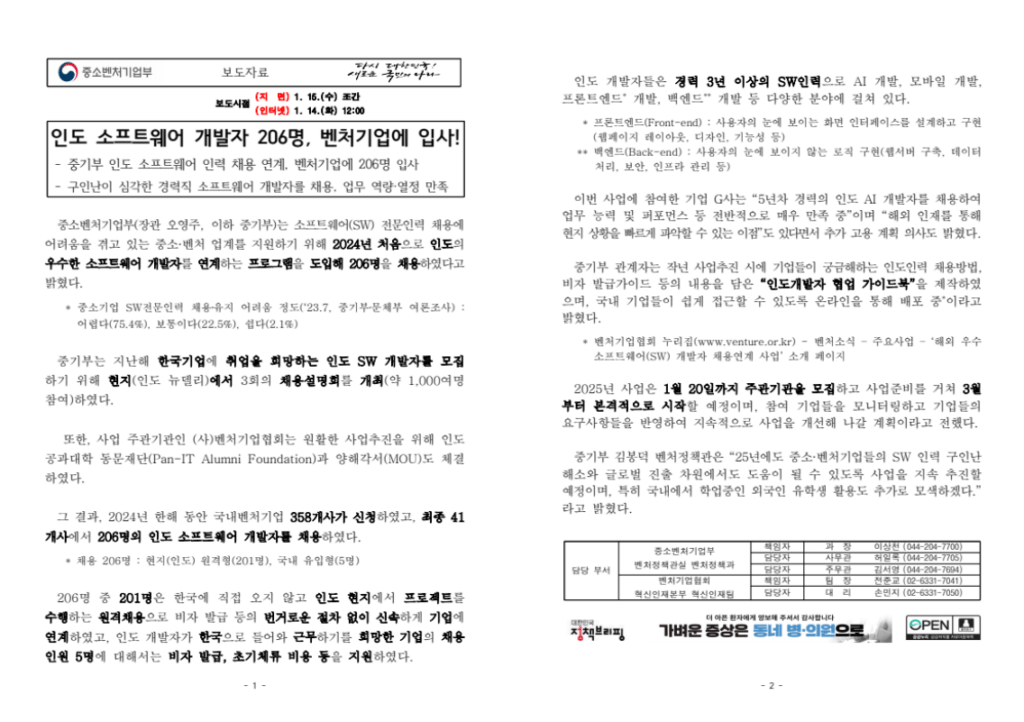The Google Threat Intelligence (GTI) team recently warned in a blog post that North Korean IT workers are attempting cyberattacks by disguising themselves as remote employees of foreign companies, and their activities are spreading across Europe and North America.

According to GTI, North Korean IT workers infiltrate multinational tech companies using fake identities, falsified resumes, and fabricated recommendation letters. They seek financial and informational gain by accessing internal projects or stealing sensitive data. Notably, some have escalated their tactics to extortion, threatening to leak internal information after being dismissed.
A key vulnerability being exploited is the corporate BYOD (Bring Your Own Device) environment and virtualized infrastructure. When personal devices are not properly secured, there is a higher risk of internal data being leaked externally. Moreover, malicious code can be injected and spread throughout the entire software supply chain. This is directly linked to one of the hottest topics in the cybersecurity industry today—software supply chain attacks.
In this context, the South Korean government recently announced a policy encouraging the hiring of foreign IT talent by matching them with domestic companies through remote work arrangements. The Ministry of SMEs and Startups of Korea aims to alleviate the talent shortage in domestic IT companies and enhance global technological competitiveness. However, some point out that this stance is somewhat out of sync with the current global security landscape.

Security consulting group Eddy & Vortex stated, “Hiring foreign talent itself cannot be viewed as a problem, but without thorough identity verification and threat detection, it could result in importing supply chain risks internally.” They added, “As South Korea rapidly adopts virtualization solutions and remote work becomes more widespread, potential vulnerabilities must be closely examined.”
GTI also suggested countermeasures in its blog, including ▲thorough identity verification during hiring, ▲enhanced logging and access control in virtualized environments, and ▲substantial security education. Their report also outlines related detection and blocking strategies.
The South Korean government now faces two simultaneous challenges: expanding the recruitment of overseas IT personnel and responding to global cyber threats. A wise decision must be made between boosting industrial competitiveness and systematically managing security risks for long-term benefit.






